SEE ALSO: [OP-ED] K-Pop Car Accidents: Why They Happen and How They Can Be Stopped
One of the people charged is a 28-year-old road manager 'A,' who is said to manage a top girl group. He uses a van with siren lights in order to make it to the girl group's appointments on time. He explained, "Because of planned schedules, we can't help it. There was even one time when we sped back and forth between Seoul and Busan for four events in a single day."
On that day, A explained that on that day, he had to leave Seoul with the girl group at 5 AM for their performance in Busan. Afterwards, they left for Daegu and Daejeon for more events before returning to Seoul for one more round of events. As the Gyeongbu Expressway, which runs between Busan and Seoul, is 418 km (approx. 260 miles), A had to drive back and forth for a total of more than 836 km (approx. 520 miles) in one day. In order to cover that length quickly, A used sirens on his van to swiftly move through traffic. He stated, "By dashing through after opening up the road using lights and sirens, we are able to barely make it on time."
A road manager for nine entertainment companies, 17 executive members, car remodeling operator Mr. Kim, and 34 others people were charged for violating the Automobile Management Act. In their investigation, police also found that 16 vans which carried 15 different idol groups such as 4minute, T-ara, SISTAR, SECRET, INFINITE, KARA, SPEED, Boyfriend, etc. had been caught before for speeding.
Road managers installed illegal sirens and light bars and sped after chasing other cars on the road to the side. The fee for illegal light bars and sirens cost about 350,000 KRW-550,000 KRW, and the labels pay the fees. If they are caught using these illegal sirens and light bars, they can be jailed for a maximum of 1 year or be fined for a maximum of 3,000,000 KRW. One road manager told DongA Ilbo, "For one performance, our singers receive 35 million won (approx. $33,570 USD). In one day, if we rush to three events, we get 100 million won ($96,000 USD). When the speeding tickets are only a couple of ten thousand won (couple tens of dollars), do they sound like a big deal?"
G.NA's van had been found speeding at at 180 km/h (112 mph) on a road whose speed limit is 110 km/h (68 mph) on September 21st, 2012. T-ara's van was also caught speeding through 5 different cameras, speeding over 15-61 km/h (9-38 mph) the speed limit on March 10th, 2012.
DongA Ilbo collected data from November 25th, 2010 to September 20, 2014, looking at 26 vans that carried 21 idol teams, including 16 vans who had been caught using illegal light bars and sirens. In this time period, the vans had been caught speeding 297 times.
There were the most cases on the Seoul Olympic Road (32), then on the New Airport Expressway (25), and then on the Gyeongbu Expressway (24). On average, idol-carrying cans on the Seoul Olympic Road sped over 41.9 km/h (26 mph) the speed limit on one of Seoul's busiest roads. On the New Airport Expressway, vans sped 38.3 km/h (24 mph) over the 100km/h (62 mph) speed limit.
Most vans sped on their way to the braodcast station. There the most cases in Gyeonggido (83), and 33 cases out of those were where the SBS and MBC stations were.
The van cost the most for speeding was T-ara's van. From December 23rd, 2011, up to August 9th, 2014, the van was caught 38 times on camera, averaging 31.5 km/h (20 mph) over the speed limit. For all 26 vans, the average overspeed was 26 km/h (16 mph) past the speed limit. On top of this, the road managers admitted, "The value is probaby that low because we step on our brakes when the GPS gives us the speed regulation camera warning," meaning the cars were probably going even faster.

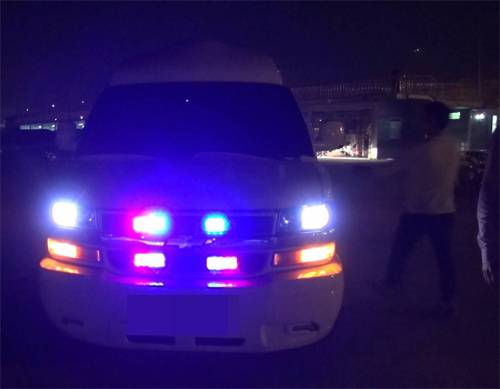
 SHARE
SHARE
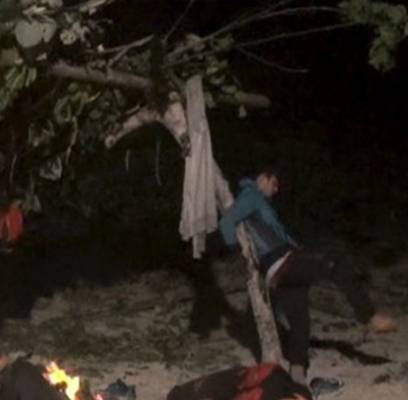





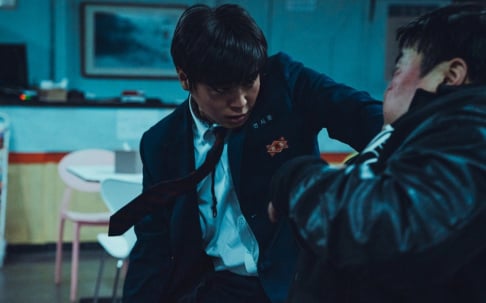




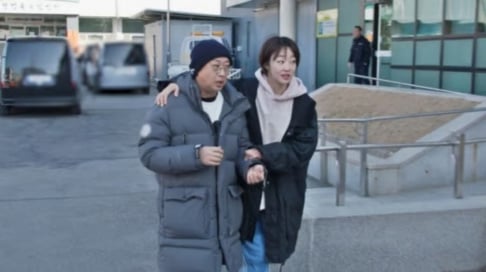






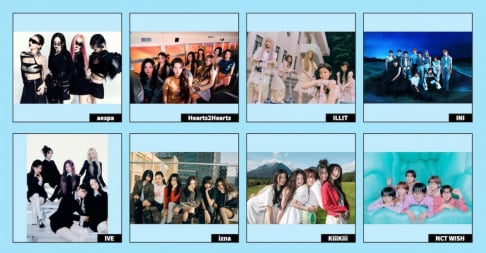

















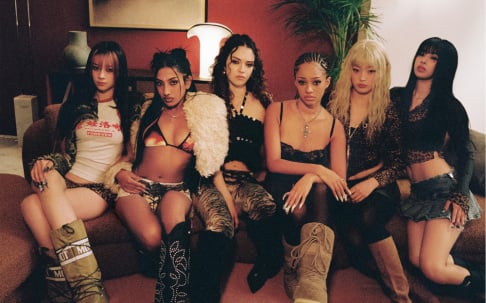










Log in to comment